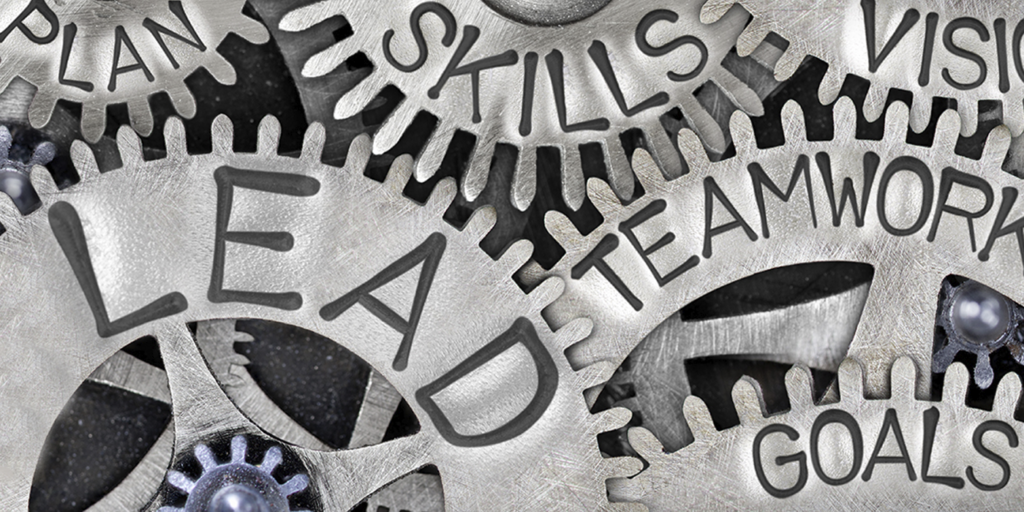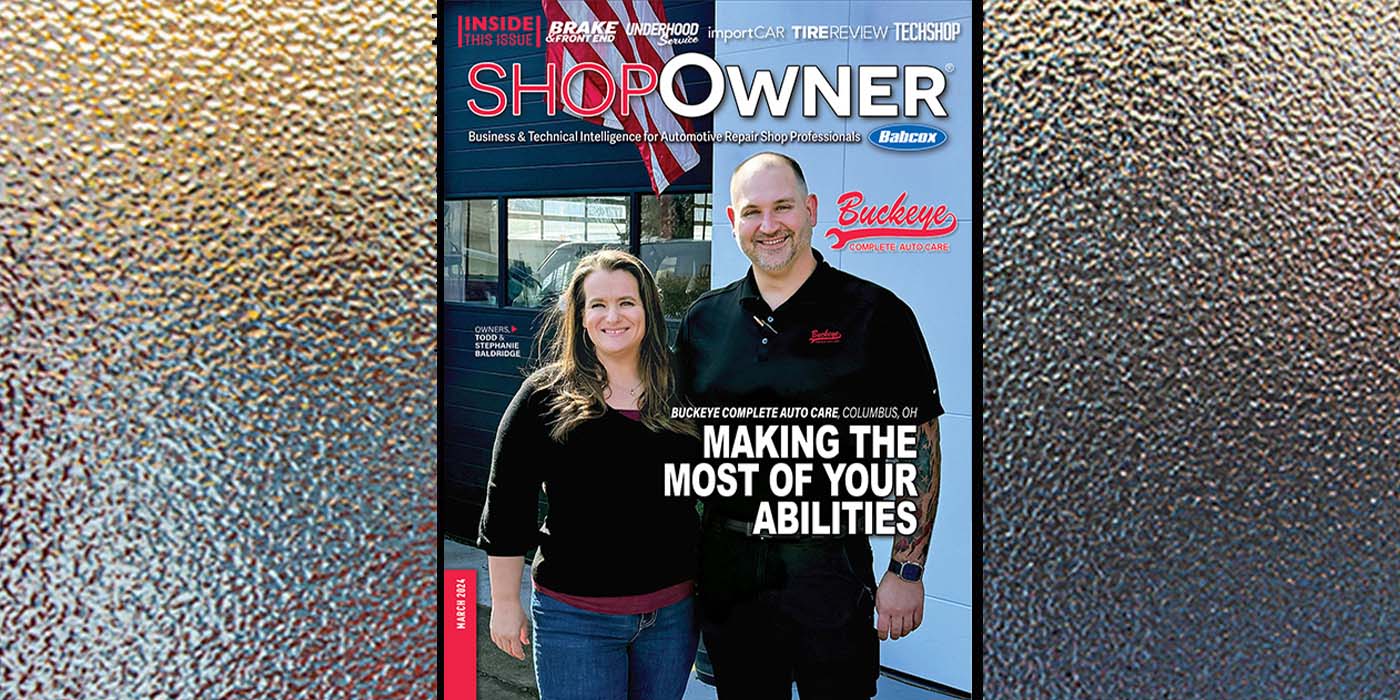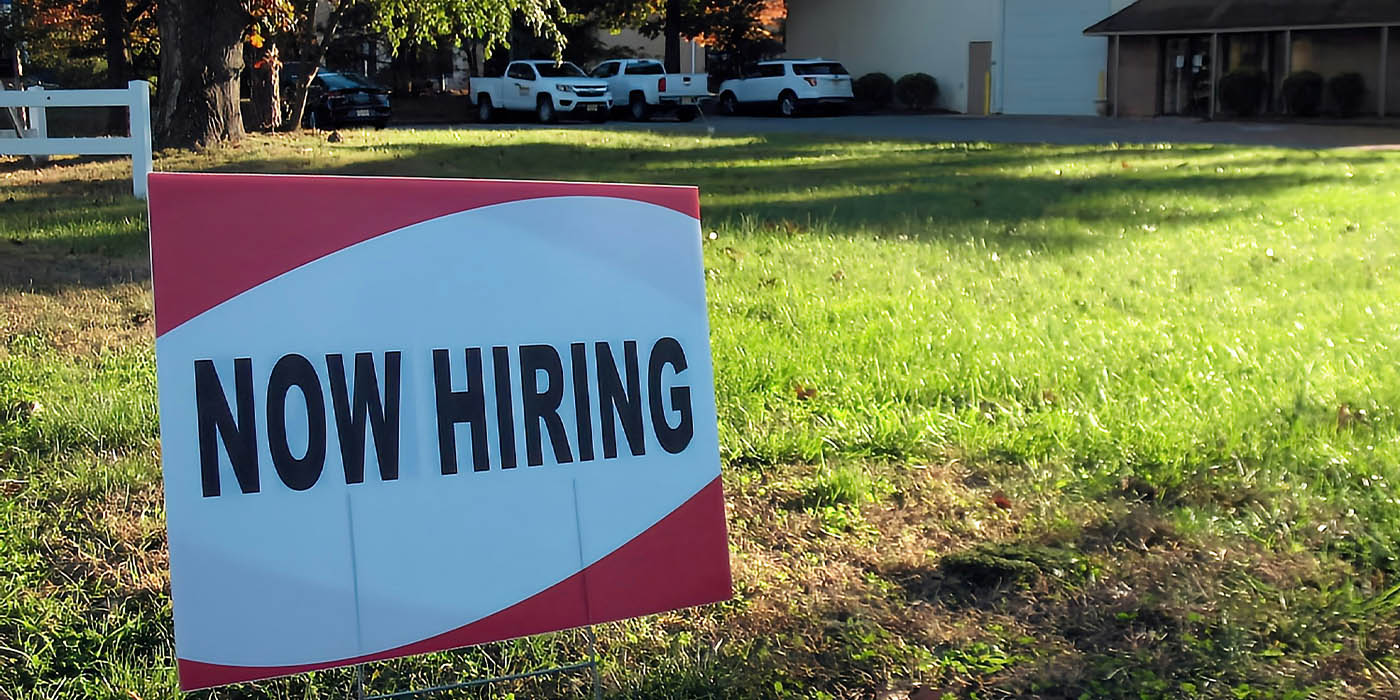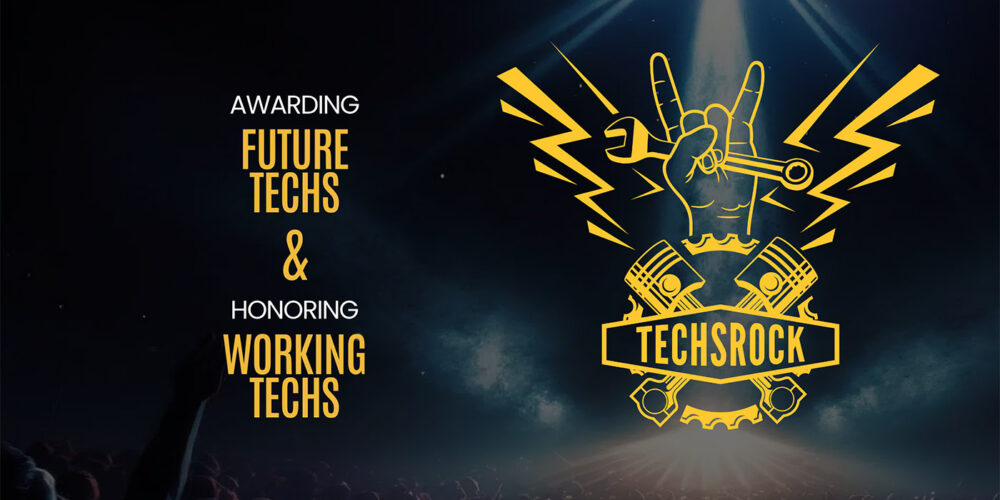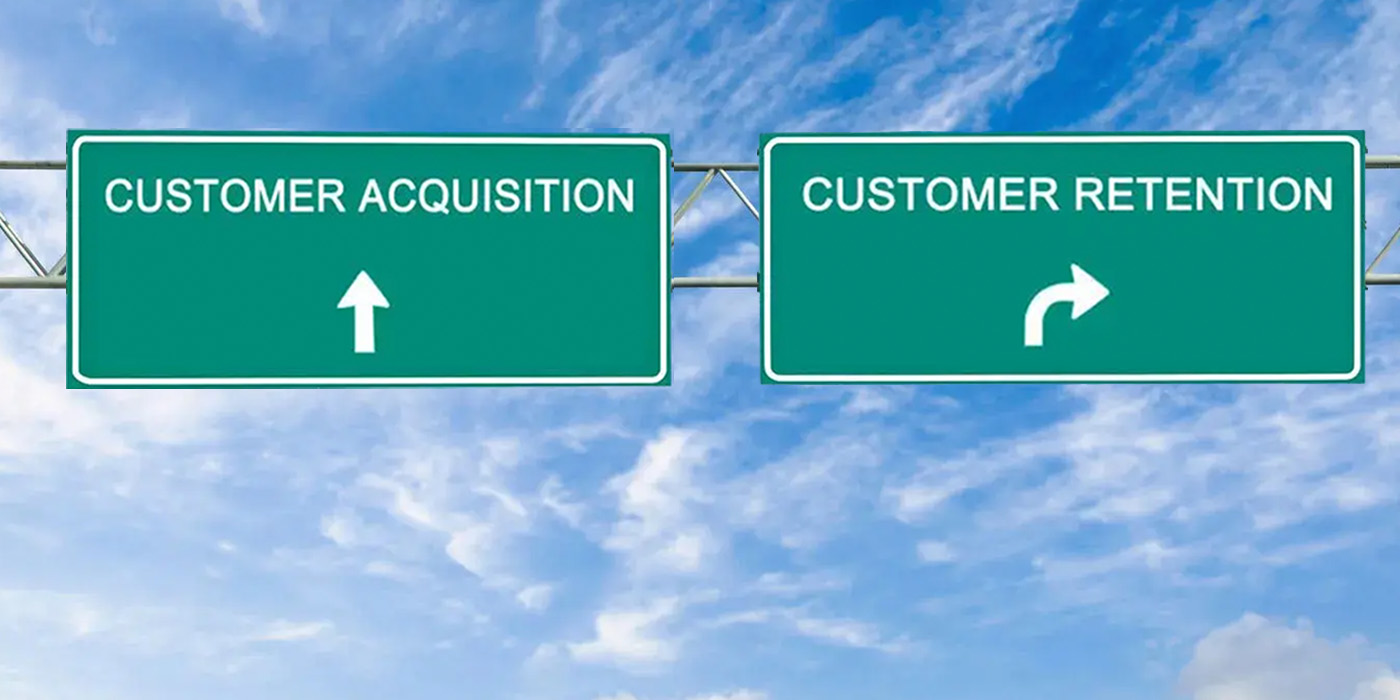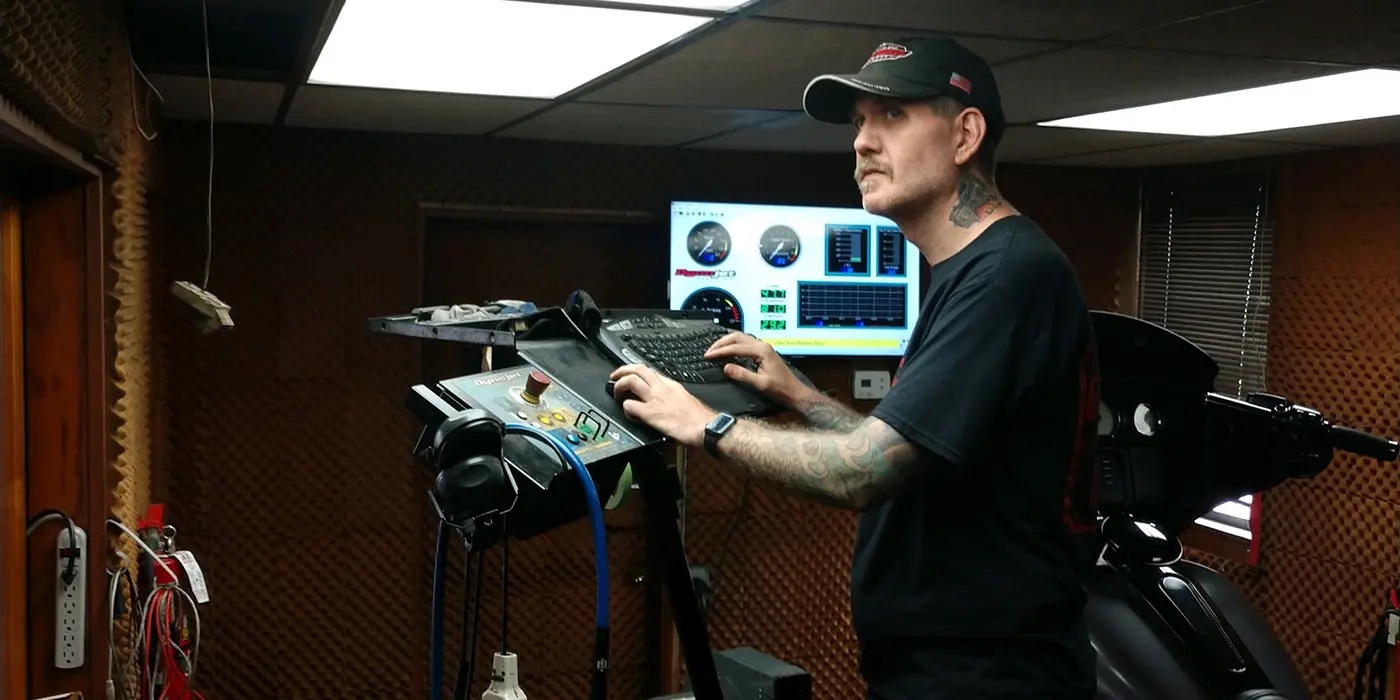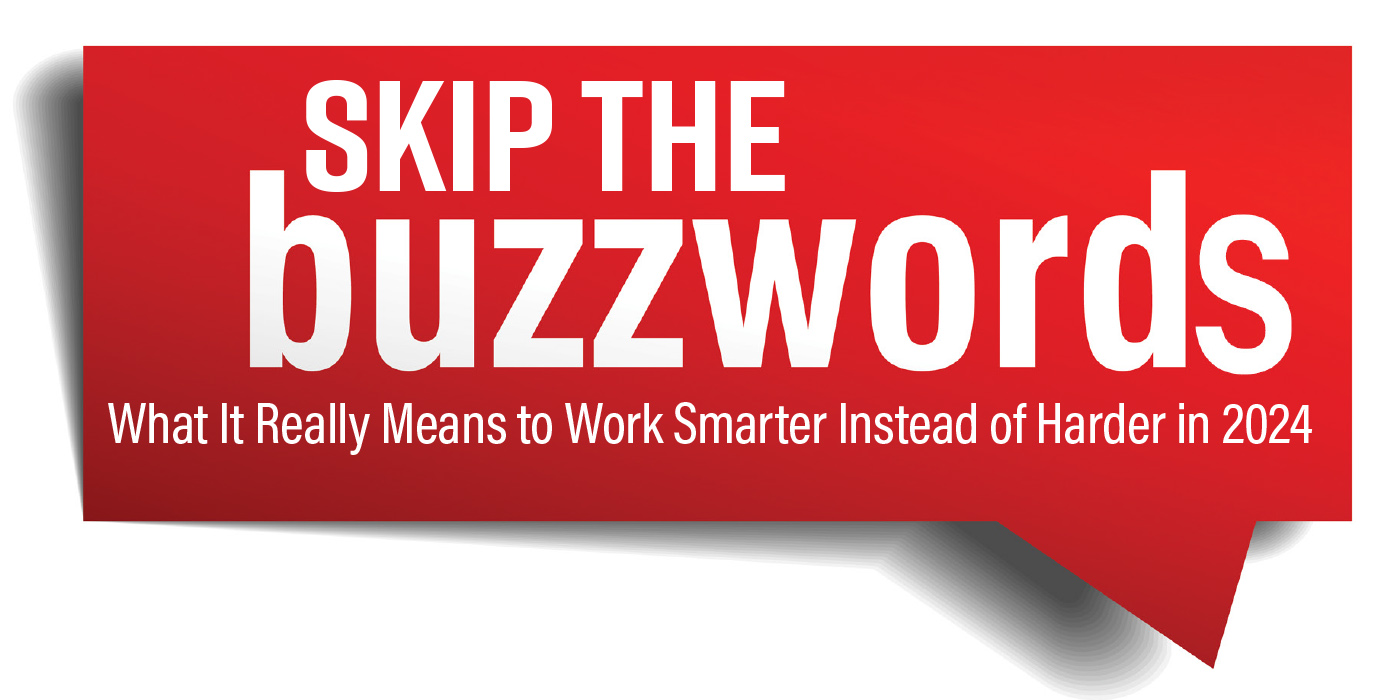In human endeavor, mindful leadership is considered a most challenging undertaking, yet something which humanity is always in need of.
Mindfulness, in simple terms, is a practiced technique of focusing one’s attention on the present – while maintaining an equal awareness of the past and the future. In a mindful state we can experience thoughts, feelings and sensations without judgement – like an impartial and unbiased observer.

A leader is defined, obviously, as a person who leads. And to lead is to go before or with, to show the way, to escort or afford passage to a place. Yet the term leadership has unfortunately been relegated over time to mean nothing more than a position or function of power and control over people.
Dictionary definitions aside, mindful leaders possess a developed ability to assess people and situations. They are also future thinkers, evaluating potential risks and rewards in decision-making processes. This allows them to avoid landmines while exploring future possibilities which could lead to optimal results.
These days, leadership in larger organizations often has little if anything to do with mindfulness or leading people to a good (or better) place. Leadership in today’s world is too often about coercing, even manipulating people into doing things in such a way as to fulfill a particular agenda.
In businesses where the quality of customer experience and satisfaction are critical, mindful leadership has an opportunity to flourish. This helps create commitment-based relationships where leaders earn our trust and respect, and prove themselves worthy of our following.
If you are currently in a leadership position, ask yourself…
- Do people follow your lead because they willingly choose to, or because they must?
- If those you lead were given a choice to follow you or not, without fear of negative consequences, would they do so of their own volition?
As leaders, being ready, willing and able to face credible feedback on inquiries like these may initially be intimidating, yet one’s ability to do so is a telling mark of a true mindful leader.

Being acknowledged as a leader who is receptive to both feedback and input identifies you as an empathetic listener. The act of mindful listening is one of the more critical components of mindful leadership.
These open lines of questioning and listening are self-effacing and self-revealing. Not only do they show how we perceive ourselves in our leadership position – they also enlighten us as to how we are being perceived by those we lead. It reveals their experience of us as a leader and allows them to be considered as a valued contributor to the company.
This also lays a foundation for organic team formulation. When people feel like they can openly express themselves to those in leadership positions, they feel more comfortable with each other. It removes the divisiveness of “us versus them” and gives them a sense of being on a winning team. And people always like being on a winning team.
Too often, people in leadership positions are under a false impression that the way THEY approach the job of leadership is the most effective way of accomplishing the task at hand.
Nothing could be further from the truth. People will always respond more favorably when they are being led in a manner that suits them. People want to experience you in such a way that inspires them to like, trust and respect you as a person – then and only then will they follow you because they want to instead of having to.
Leadership is much like a double-edged sword. A company without mindful leadership is not likely to produce the most desirable results. Likewise, a company without an engaged community is not likely to produce the most desirable results either.
Successful businesses, especially in a challenging economy, need both mindful leaders and engaged followers. This can only be accomplished when leaders use effective language and communicate internally and externally.
So where does mindful leadership start? It begins within each of us. We are given both a mind and a body at birth and effective communication between the two is critical for our health and well-being. If we desire to improve a level of performance in a particular field of endeavor, how well we articulate that communication between our mind and body will ultimately determine the outcome.
Organizations have a similar make-up. The mind of a company is the human interaction and the body is the functional operation.
All businesses, regardless of industry, include these two components – a functional side that is involved with the design, development and implementation of the products and/or services being offered, as well as all the people involved who interactively make everything happen.
Having responsibility for the quality of human interaction within an organization is a key reason why so many people shy away from leadership positions. It takes a lot of work on the part of a mindful leader to show up in such a way that their people are more likely to: a) follow them; b) feel valued by them; and c) make great things happen within the business.
Mindful leadership can be applied on a local level, a national scale or even the global scene, in a variety of social, political, religious, medical and academic aspects. But business is where we can get some real traction.
An ongoing task of a mindful leader is to articulate the organization’s vision and mission through effective commitment-based language and communication. This creates an internal company culture of stewardship where everyone is on the same page as to who we are, what we stand for, why we do what we do, who we serve and what is the way we go about providing our products and/or services.
Businesses with mindful leadership at the core are readily seen, heard and felt by those who do business with us. And happy patrons make for demonstrable results in every aspect of our enterprises, including the bottom line!

